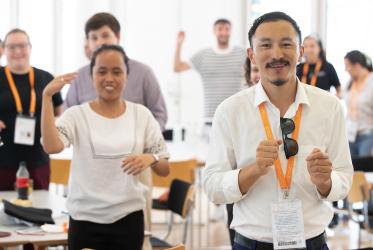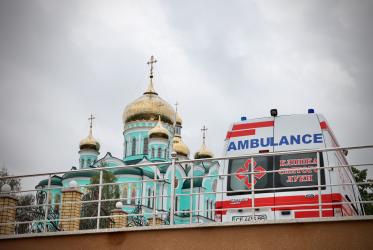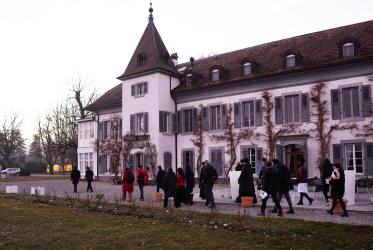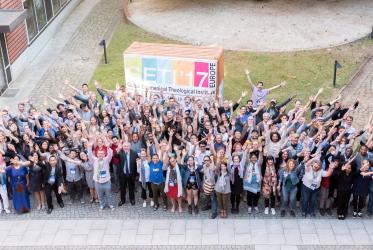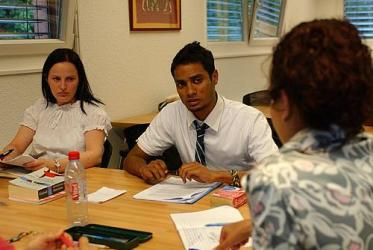Displaying 1 - 15 of 15
13 September 2022
Ukraine: Responding to humanitarian need
08 September 2022
Monastery in Ukraine responds to the consequences of war
09 August 2022
For Russian priest, Bossey is ‘valuable’ and ‘precious’
12 April 2017
Understanding justice and peace as Christian pilgrims
15 January 2015
December 2004
23 November 2004
